36 lower leg pain running diagram
The 5 Most Common Causes of Lower Leg Pain in Runners ( & how to deal with them) Close up legs of man running and exercising on wood bridge in park. Lower leg pain is a common problem among runners. In most cases, it's blamed on overuse, mainly wear and tear to the muscles, joints, bones, tendons, and other tissue. Most leg pain results from wear and tear, overuse, or injuries in joints or bones or in muscles, ligaments, tendons or other soft tissues. Some types of leg pain can be traced to problems in your lower spine. Leg pain can also be caused by blood clots, varicose veins or poor circulation. Some common causes of leg pain include: Achilles tendinitis.
Jan 28, 2016 · As you can see in the diagram above, the lower leg and ankle is a complex system of muscles, tendons, and joints. This system works to provide both stability and mobility while we walk or run. Pay special attention to the Gastrocnemius and Soleus muscles, as well as the Calcaneal (Achilles) tendon, as those will be the focus of this discussion.

Lower leg pain running diagram
The lower leg is a major anatomical part of the skeletal system. Together with the upper leg, it forms the lower extremity. It lies between the knee and the ankle, while the upper leg lies between ... Tendinitis. This is a common problem in the lower leg. Tendons attach the muscle to bone. Inflammation of the tendon causes pain when the muscle is stretched or contracted, and when the tendon ... Leg pain (sciatica) associated with low back pain is called a lumbar radiculopathy. Approximately 80% of the population is plagued at one time or another by back pain, especially lower back pain. Associated leg pain (called lumbar radiculopathy or sciatica) occurs less frequently. Pain can be bothersome and debilitating, limiting daily activities.
Lower leg pain running diagram. Shin splints are the name most commonly used to describe gradual onset pain at the front and inside of the lower leg. However, it is not a specific injury or diagnosis itself. Medial tibial stress syndrome is the most common cause, with symptoms: Gradual onset pain on the inside of the lower part of the tibia (shin bone). The lower parts of your legs take the brunt of your day-to-day life. You shouldn't have to be in pain, though.. Medical treatments can help if your doctor says you have a condition like leg ... Most causes of lower leg pain are just aches and pains caused by minor injuries to the muscles, tendons, and ligaments in the lower leg. These types of injuries can be managed at home quite easily. However, if you experience sudden-onset, moderate to severe pain with no obvious cause or find yourself with an acute injury so severe it is ... The pain may begin as a dull aching sensation after running. The aching may become more intense, even during walking, if ignored. Pain along the inside (medial) part of the lower leg. Generally, develops gradually over weeks/months; May have swelling in lower leg; Tender areas are often felt as one or more small bumps along either side of the ...
Nerve pain is typically described as sharp, shooting, electric-like, or searing pain. It may also produce a sensation of hot or warm water running down the thigh and/or leg. In some individuals, a dull ache may occur. The pain may be intermittent or constant. See Anatomy Of Nerve Pain. The most common types of nerve pain in the leg are ... The nerves of the leg and foot arise from spinal nerves connected to the spinal cord in the lower back and pelvis. As these nerves descend toward the thighs, they form two networks of crossed nerves known as the lumbar plexus and sacral plexus. The lumbar plexus forms in the lower back from the merger of spinal nerves L1 through L4 while the ... Your upper leg includes seven major muscles. Your lower leg includes three main muscles, located behind your tibia or shinbone. Pain in your thigh or calf can be caused by muscle or tendon-related ... May 26, 2014 · While not a substitute for a doctor's diagnosis, we hope this will help you point you in the right direction and speed you on your way to healthy running. A Primer on Lower-Leg Pain
Paul Ingraham • Jan 5, 2019 • 10m read. " Runner's knee " refers to one of two common 1 repetitive strain injuries of the knee, either iliotibial band syndrome (lateral knee pain) or patellofemoral syndrome (anterior knee pain). Both usually affect runners, triathletes, hikers and serious walkers. They can be tough to tell apart. The lower leg makes up a large portion of an individual's overall body weight. It is an essential structure for any weight-bearing activity, such as walking, stand, running, or jumping. Common conditions that affect the lower leg include stress fractures , compartment syndrome , shin splints , and muscle tears. Sciatica refers to back pain caused by a problem with the sciatic nerve. This is a large nerve that runs from the lower back down the back of each leg. Autoimmune: Diseases that affect nerves, particularly in the lower back can deliver pain to the upper leg. Spinal stenosis and degenerative disc disease are examples that can impact the upper leg. Infections: Infections of the bones and tissues of the upper leg can result in swelling, redness, and pain.
Running a saddle too high is the most common cause of posterior knee pain. Thomas McDaniel / Immediate Media Pain behind the knee is far less common, and much more straightforward.
Anterior Muscles of the Lower Leg and Their Functions. The anterior is located in the front portion of the leg. These are the muscles that are located there: 1. Tibialis Anterior. This is the biggest muscle that is in the tibialis anterior. It gets its blood flow from the arteries in the tiberial artery. This muscle is one of the ones that help ...
For lower leg pain that goes beyond general shin soreness, a more aggressive approach must be taken. Shin Splints Anatomy. To better understand shin splints an understanding of the muscles, tendons and bones involved is required. As you can see from the diagram, there are many muscles and tendons that make up the lower leg, or calf region ...
Both the sciatic nerve and the piriformis muscle can be seen in the following diagram: The sciatic nerve is the yellow nerve running vertically down the middle of the leg; while the piriformis muscle is the horizontal muscle at the top of the sciatic nerve. Sciatic nerve pain anatomy picture used from Principles of Anatomy and Physiology.
With the temperate autumn days here, Vermonters may be enjoying their running training. Some of us, however, may experience a series of diagnoses generically called "chronic lower leg pain." These problems can occur with any amount of overuse through impact exercise and often can be seen in young athletes when they return to running in the fall.
Leg Muscle Anatomy. The legs are the lower limbs of the human body that provide support and stability in addition to allowing movement. The legs include the upper leg, knee, lower leg, ankle, and ...
Fractures are a common cause of fibula pain. Most cases of fibula pain result from overexertion of the calf, usually through strenuous physical activity. Minor calf strains, often referred to as grade one strains, cause mild discomfort in the gastrocnemius and soleus muscles of the lower leg, but have negligible effects on the fibula.
Jan 03, 2022 · A serious and potentially life-threatening cause of leg pain is known as a deep vein thrombosis (DVT). This occurs when a clot in a leg vein breaks off and travels to the lungs. Symptoms. In addition to cramping calf pain, other symptoms of a DVT in the lower leg include: Swelling.
Chronic lower leg pain is part of a larger collection of symptoms and will not be evaluated independently. Visit your doctor for an accurate diagnosis, so you can begin treatment as soon as possible. X-Ray; Your doctor will begin evaluating your lower leg pain by performing a thorough physical examination.
If you've just started running, only to run into a nagging problem in your lower legs, you're in good company. Shin splints and tight calves are some of the most common problems plaguing new runners. Even if you've been running for a while, you can still be at risk. Especially if you've recently returned from an injury.
Leg pain (sciatica) associated with low back pain is called a lumbar radiculopathy. Approximately 80% of the population is plagued at one time or another by back pain, especially lower back pain. Associated leg pain (called lumbar radiculopathy or sciatica) occurs less frequently. Pain can be bothersome and debilitating, limiting daily activities.
Tendinitis. This is a common problem in the lower leg. Tendons attach the muscle to bone. Inflammation of the tendon causes pain when the muscle is stretched or contracted, and when the tendon ...
The lower leg is a major anatomical part of the skeletal system. Together with the upper leg, it forms the lower extremity. It lies between the knee and the ankle, while the upper leg lies between ...
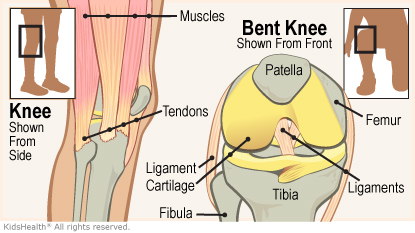
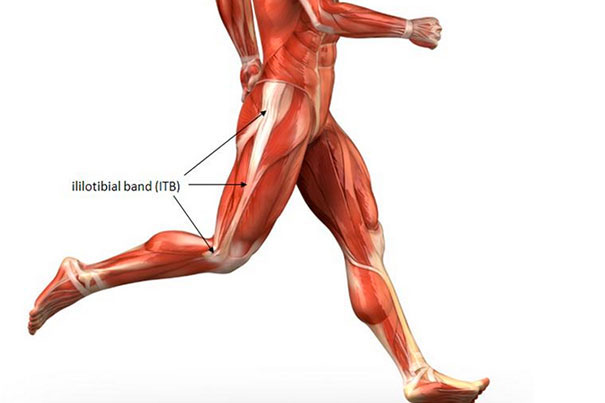
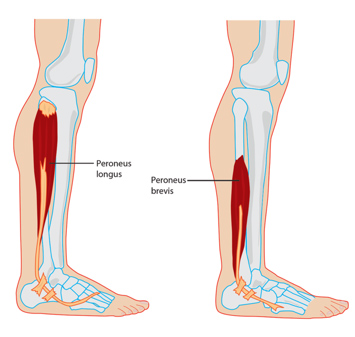
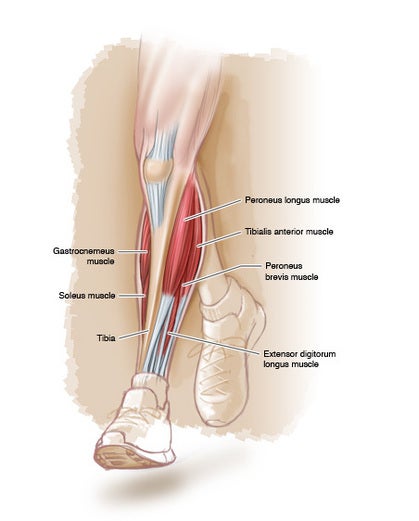


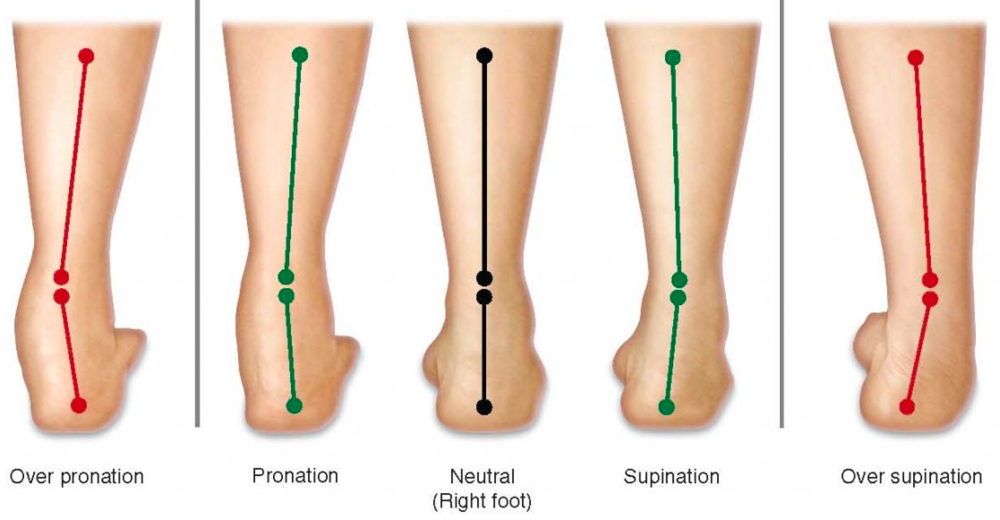

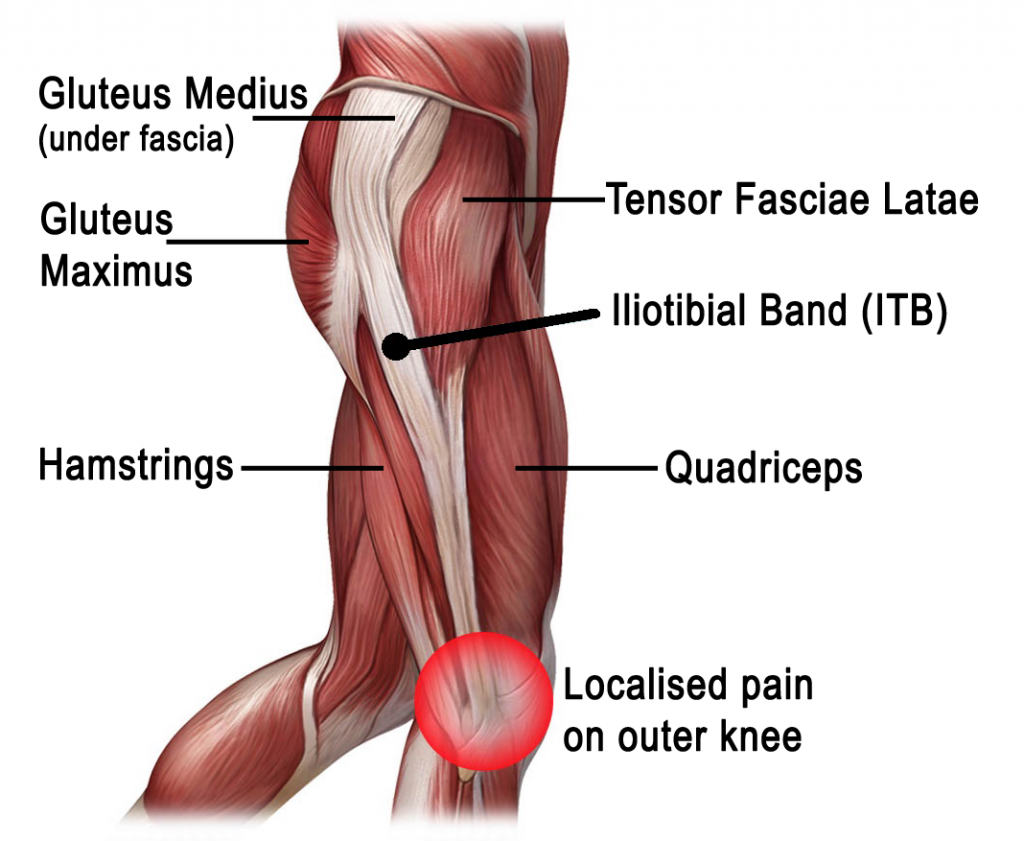



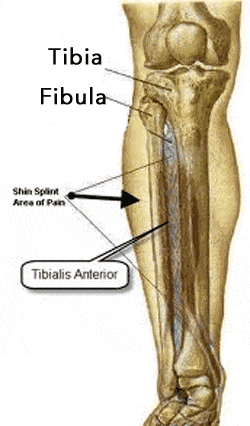


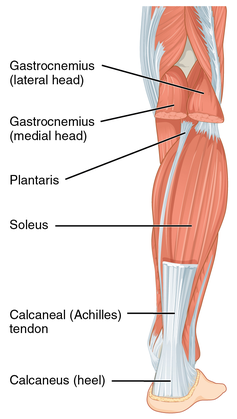
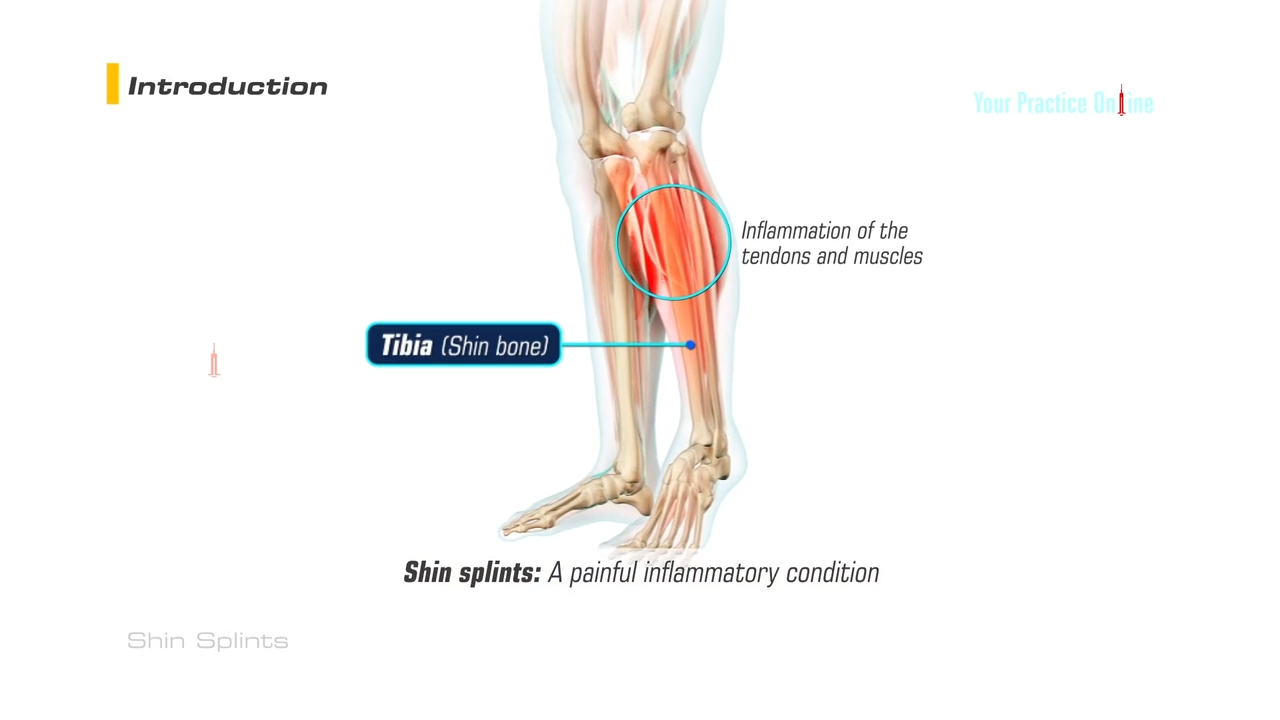




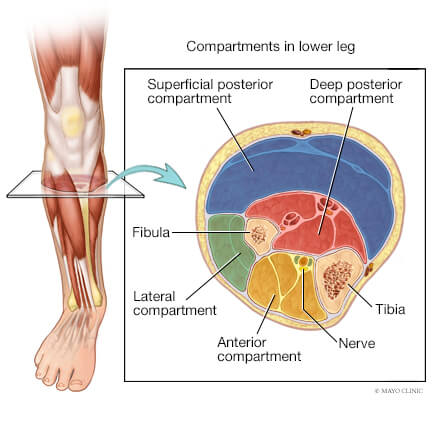
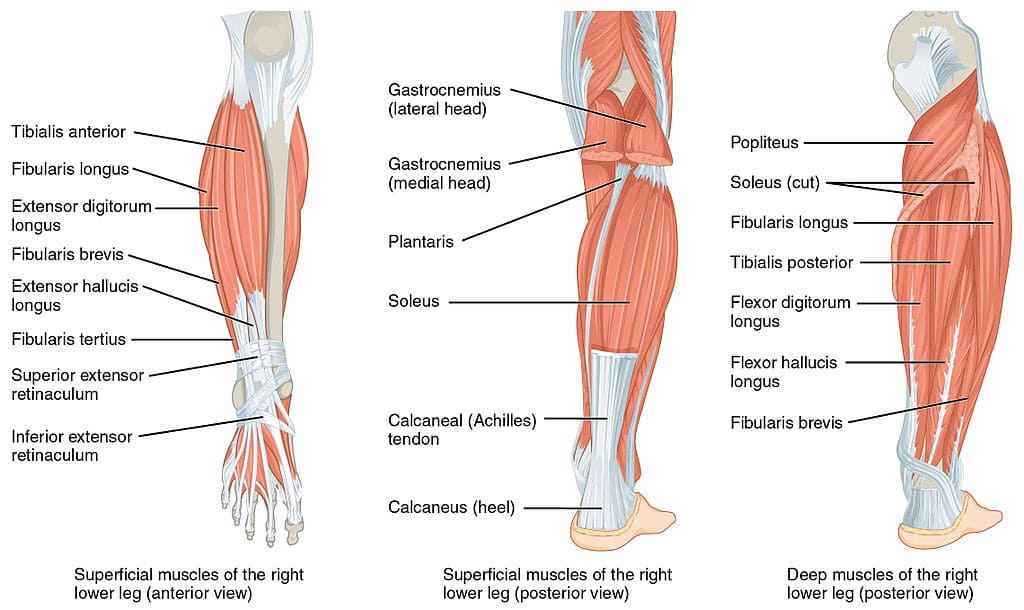
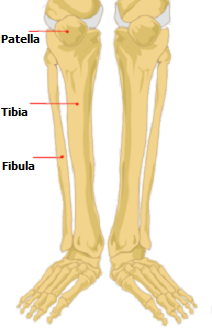
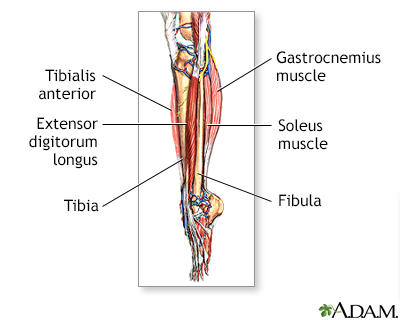
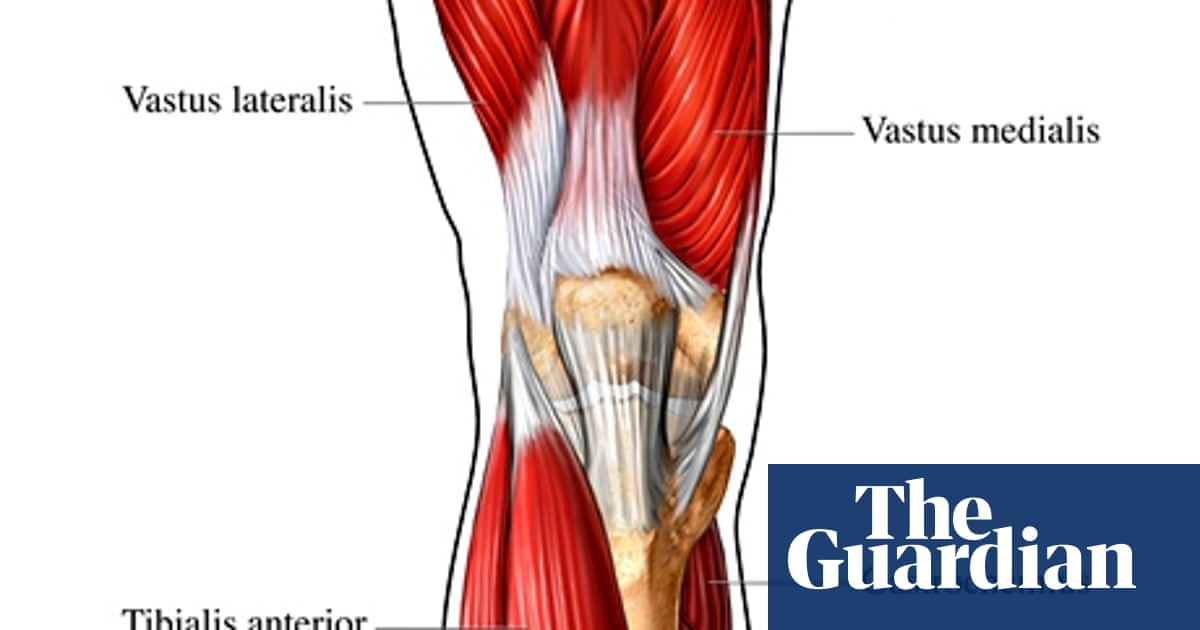



0 Response to "36 lower leg pain running diagram"
Post a Comment